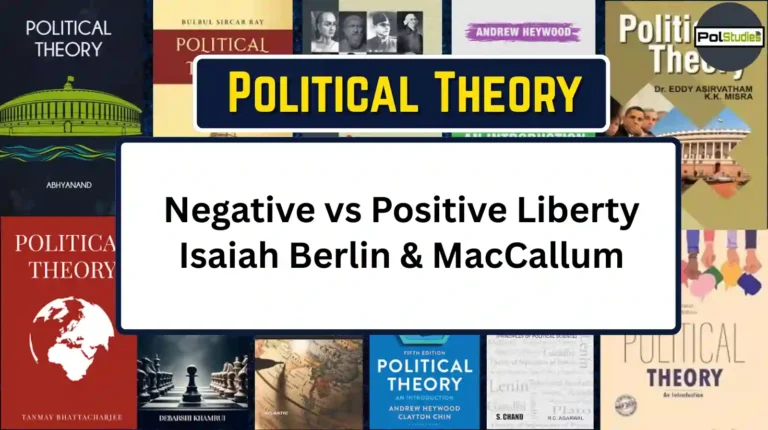John Rawl’s views on Equality of opportunity | Differentiated Principle of Rawls
Equality of opportunity
By:- Rawls
Equality of opportunity means the absence of any type of hereditary and special class. That is, there should not be any artificial basis of discrimination among people in society like birth, religion, caste, color, gender, etc. So that in the absence of encouragement to merit in society, one does not have to face disappointment.
In other words, it means that the public posts that one wants to get, but only those who deserve it have the right to sit. Equality of opportunity rejects any management that the merits of some people in society are hereditary attitudes that are higher than others.
Equality of opportunity on the basis of rights
Equality of opportunity means that the state shall not discriminate among its citizens on the basis of birth, caste, color, creed, religion, or sex. It means equality of rights, that is, the rights that one person has got as a citizen of the state, and the other person should also get the same.
1. At the legal level, equality of opportunity means equality before the law i.e. all persons are equal and they are all equal before the law.
2. At the political level, it means equal opportunities for participation in the affairs of the state ie equal political rights.
3. At the social level, it means the opportunity for any individual to pursue his interests or occupation without any arbitrary restrictions based on personal characteristics.
Equality of opportunity also demands that the opportunities for admission to colleges, schools, and universities are open to all, and selection should be based only on ability, and willingness to learn. Similarly, all those public posts should also be open to all and their basis should be merit only.
Differentiated Principle of Rawls
An important principle to bring equality is called the differential principle. What is meant by differential theory?
Society should be managed in such a way that some people get more power, income, and respect than others. For example- Managers, Engineers get more salaries than employees working at a lower level, provided those conditions are fulfilled. Management will improve the lives of those who are lower than them.
John Rawls in his book “Theory of Justice” has explained the theory of difference and also argued that the veil of ignorance behind:-
1. Principle of Equal Liberty
Everyone has the right to liberty which is equal to the right of others to similar liberty.
2. Discriminatory principle
Social and economic equality should be such that it is associated with positions and positions which are open to all on the terms of fair equality of opportunity and bring maximum benefit to the lowest of the society.
Must read for more clarity:-
According to Rawls, all individuals should have the same initial expectations in terms of basic goods i.e. rights, freedom, power, opportunity, income, and wealth of common needs. Etc. This is what Rawls calls equality of opportunity.
The principle of discrimination permits inequalities in the distribution of goods on the condition that these inequalities benefit the lowest class of society. This principle would be a judicious choice among people in the valued position. According to Rawls, inequality can be accepted only if it is for the benefit of all who are in the lowest position in society. The differential theory recognizes that the best approach is to minimize risk, although it is not as simple as that.



